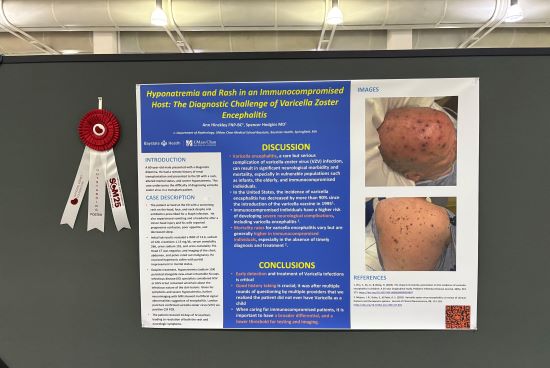
Cardiovascular-kidney-metabolic (CKM) syndrome has been defined by a recent presidential advisor from the American Heart Association as “an adverse and progressive interplay of obesity and key metabolic alterations, chronic kidney disease (CKD), and cardiovascular diseases (CVD).”
Researchers at the University of Michigan, Ann Arbor, performed an analysis of 2001-2020 data from the National Health and Nutrition Examination Survey to assess the burden of CKM syndrome on the US population over time to help inform its prevention and management. Results were reported during the National Kidney Foundation Spring Clinical Meetings 2025.
Adults aged 18 years and older were categorized into 5 CKM stages as follows: (1) stage 0, no CKM risk factors; (2) stage 1, excess or dysfunctional adiposity (overweight/obesity, abdominal obesity); (3) stage 2, metabolic risk factors and CKD (hypertension, hypertriglyceridemia, diabetes/prediabetes, metabolic syndrome, Kidney Disease: Improving Global Outcomes [KDIGO] moderate-to-high risk CKD); (4) stage 3, subclinical CVD in CKM (KDIGO very high risk CKD, high predicted risk CVD); and (5) stage 4, clinical CVD in CKM. Weighted logistic regression was used to examine the population burden of CKM and its stages over time.
Overall prevalence of CKM increased from 76.5% in 2001-2004 to 82.2% in 2017-2020; there was a corresponding decline in CKM stage 1. Stage 1 CKM had the largest increase over time, with 6% higher odds or 9% age-adjusted higher odds (P<0.0001) per 4-year cohort. The decline in the prevalence of stage 0 CKM was observed in all race and ethnic groups; it was highest among Hispanic adults.
In summary, the researchers said, “CKM syndrome in US adults has increased over the past 20 years, with a significant decline in the proportion of people with no CKM risk factors (ie, CKM stage 0). In particular, the rising prevalence of stage 1 CKM may be an opportunity for earlier detection and management of obesity and screening for components of CKM (including CKD) to potentially prevent progression to more advanced stages of CKD, including CKD and cardiovascular disease.”
Source: Licon AL, Lin A, Kaur A, Han Y, Saran R, Bragg-Gresham J. Population burden of the cardiovascular-kidney-metabolic (CKM) syndrome rising among US adults. Abstract #G-300. Presented at the National Kidney Foundation Spring Clinical Meetings 2025; April 10-13, 2025; Boston, MA. doi:10.1053/j.ajkd.2025.02.301







 © 2025 Mashup Media, LLC, a Formedics Property. All Rights Reserved.
© 2025 Mashup Media, LLC, a Formedics Property. All Rights Reserved.